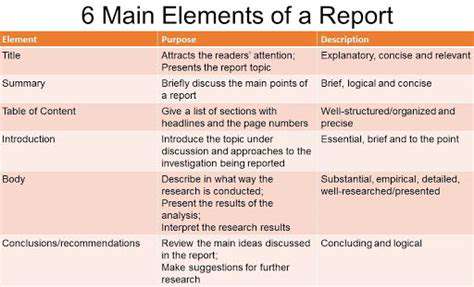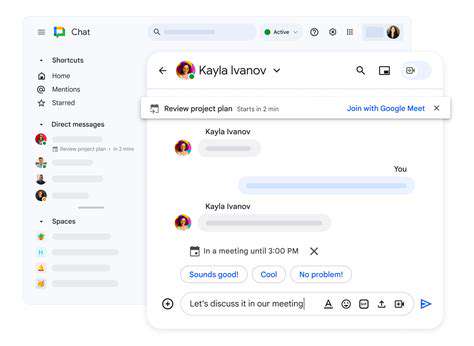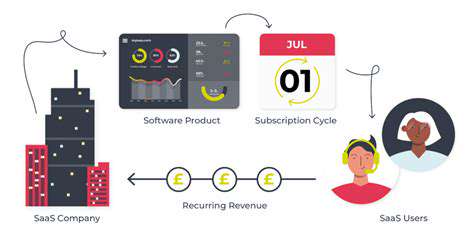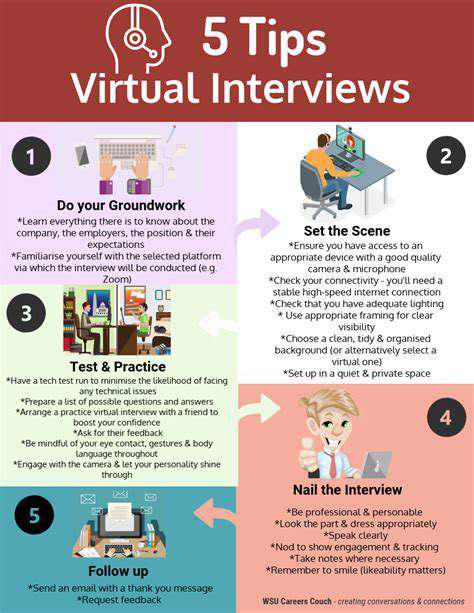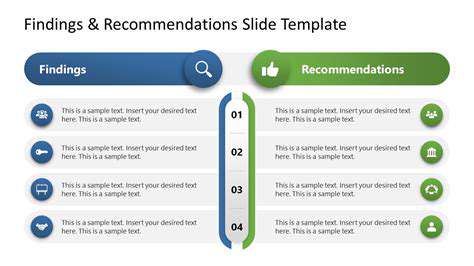How to Be a Proactive Employee
Identifying Opportunities for Growth and Contribution
Understanding Your Current Role
Employees who take initiative don't merely complete assigned tasks; they strive to comprehend how their role fits within the larger organizational framework. This means understanding not just the job description, but how daily work impacts team objectives and company success. Researching the organization's mission and values reveals where individual efforts create the most value. Recognizing how different departments interconnect provides perspective for making meaningful contributions.
Self-assessment remains critical for professional development. Regular evaluation of performance highlights both strengths and areas needing improvement. Constructive feedback from colleagues combined with honest self-reflection creates a powerful tool for growth. This continuous improvement mindset separates average employees from those who consistently exceed expectations.
Identifying Skill Gaps and Areas for Development
Honest evaluation of capabilities reveals where skills might need enhancement. Consider current project requirements and future goals when assessing development needs. Various options exist for skill-building, from targeted online courses to mentorship from experienced colleagues.
Skill assessment shouldn't focus solely on weaknesses. Recognizing existing talents and exploring how to apply them more effectively proves equally valuable. Strong communicators might facilitate better team collaboration, while analytical thinkers could improve decision-making processes.
Analyzing Team and Company Needs
Exceptional employees maintain awareness of organizational priorities. Listening to colleagues' challenges and anticipating potential obstacles reveals opportunities for meaningful contribution. Understanding current projects and strategic objectives helps identify where additional support would create the most impact.
Observing workflow patterns often reveals process inefficiencies. Employees who notice bottlenecks and suggest improvements demonstrate true commitment to team success. This broader perspective moves beyond individual tasks to enhance overall productivity.
Seeking Opportunities for Contribution
With clear understanding of organizational needs and personal capabilities, employees can proactively seek ways to add value. This might involve volunteering for special projects, proposing innovative solutions, or improving existing processes.
Initiative doesn't always mean additional work. Sometimes the most valuable contributions involve streamlining procedures or eliminating unnecessary steps. Solution-focused professionals constantly look for ways to enhance efficiency and effectiveness throughout the organization.
Communicating Your Value and Seeking Feedback
Articulating contributions clearly helps colleagues and managers recognize an employee's impact. Regular discussions about accomplishments and areas for growth foster professional development. Feedback shouldn't wait for formal reviews - ongoing conversations create more opportunities for improvement.
Active listening during feedback sessions demonstrates commitment to excellence. This two-way communication builds stronger working relationships while clarifying how to maximize future contributions. The most successful professionals view feedback as essential fuel for continuous growth.
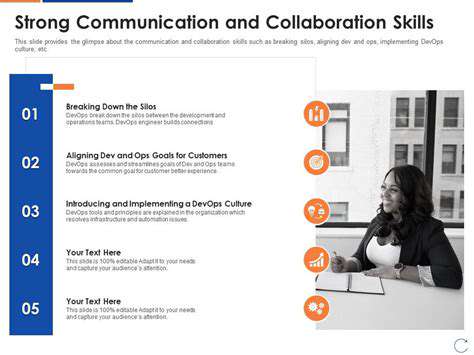

Embracing Challenges and Learning from Mistakes
Understanding the Importance of Proactive Problem Solving
Forward-thinking professionals anticipate issues before they escalate. This preventative approach minimizes disruptions while demonstrating commitment to team objectives. Recognizing patterns and potential risks allows for early intervention, creating smoother workflows and more predictable outcomes.
Developing this anticipatory skill requires experience and attention to detail. Studying past projects - both successful and problematic - builds the ability to foresee potential challenges. This capability becomes increasingly valuable with each new assignment.
Identifying and Addressing Potential Issues
Keen observation of current processes helps spot trouble before it emerges. Staying informed about industry trends and best practices provides context for potential challenges. Documenting lessons learned from previous experiences creates a knowledge base for future problem-solving.
Seeking Opportunities for Improvement
Beyond solving existing problems, exceptional employees constantly seek ways to enhance operations. This might involve process optimization, technology implementation, or workflow redesign. The most valuable improvements often come from those closest to the work.
Embracing Feedback and Constructive Criticism
Professional growth requires accepting feedback gracefully. Viewing suggestions as development opportunities rather than personal criticism marks true maturity. Open discussions about performance create pathways for significant improvement.
Learning from Mistakes
Errors provide some of the most powerful learning experiences. Analyzing what went wrong and why prevents repetition of the same mistakes. This analytical approach transforms setbacks into valuable professional development opportunities.
Developing a Growth Mindset
Viewing challenges as opportunities defines the growth mindset. Professionals with this perspective welcome difficult assignments as chances to expand their capabilities. They understand that comfort zones are for maintenance, while growth happens through stretching beyond current abilities.
Taking Initiative and Ownership
Outstanding employees don't wait for direction - they identify needs and act. This proactive approach demonstrates leadership potential regardless of formal position. Taking responsibility for outcomes, both good and bad, builds trust and credibility within the organization.
Read more about How to Be a Proactive Employee
Hot Recommendations
- How to Stay Productive While Working Remotely
- Tips for Managing Conflict with Coworkers
- Entrance & Certification Exams (升学考试)
- How to Improve Your Storytelling Skills (Speaking)
- How to Find Profitable Side Hustles
- Tips for Preparing for the TOEFL iBT Home Edition
- Guide to Switching Careers from [Industry A] to [Industry B]
- How to Run an Effective Hybrid Meeting
- Tips for Marketing Your Side Hustle on Instagram


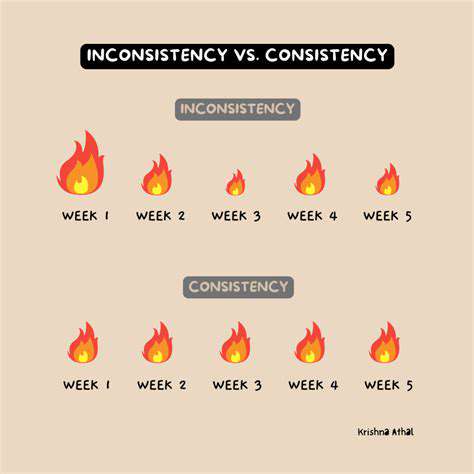

![How to Ace Your Next Job Interview [Tips & Tricks]](/static/images/32/2025-05/BeyondtheInterview3ABuildingYourNetworkandFollowingUp.jpg)

